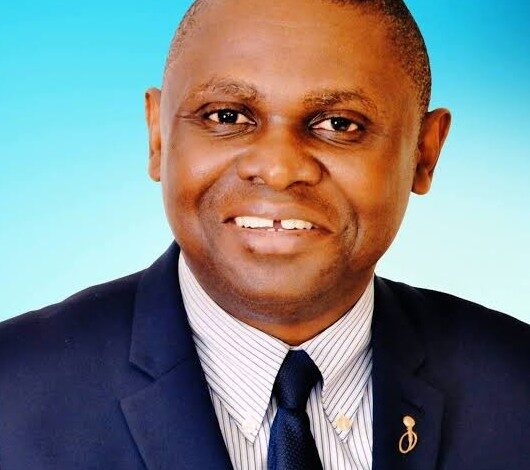
Founder of the Blue Economy Academy, Ubong Essien has called for a national reawakening to harness Nigeria’s untapped blue economy potential, pointing to the country’s coastal and inland waterways as key drivers for economic growth and employment, particularly for the youth.
Speaking during the Blue Economy Academy Monthly Intelligence Brief on August 26, 2025, Essien emphasised the need for citizens to move from ocean blindness to full engagement with aquatic resources.
He outlined the Academy’s strategy, centred on the Ten Inclusion Buckets (KIBs), a framework that highlights specific areas for participation such as maritime employment, fisheries, human capital development, governance, entrepreneurship, and commerce.
Essien drew comparisons between Nigeria and the Philippines, a global leader in seafaring manpower, criticising Nigeria’s poor maritime labour performance despite its population of over 200 million and possession of eight coastal states.
He argued that Nigeria’s current maritime focus on Lagos undermines the potential of other coastal regions, advocating for a more balanced infrastructure plan that includes the development of seaports in areas like Badagry.
He also addressed the inefficiencies in Nigeria’s transport system, attributing economic strain and congestion to the overdependence on road networks while inland and coastal waterways remain underutilised.
Highlighting recent incidents, such as the boat mishap in Sokoto which claimed over 40 lives, Essien described the tragedy as avoidable and a consequence of infrastructural and governance shortcomings.
He called on policymakers and entrepreneurs to transform these challenges into opportunities for innovation and investment in safer and more efficient water transport systems.
Essien positioned the Academy’s mission as a progressive movement to rally both state and non-state actors, as well as the wider public, towards unlocking Nigeria’s blue economy potential.
On her part, the Promotion Assistant Director at NIMASA Shipping Development, Jummai Mohammed called for deeper engagement with indigenous communities in the push to develop Nigeria’s blue economy.
According to her, local populations in water linked areas like Badagry, Kogi, and Bayelsa must be involved, as they are key to accessing and sustaining vital marine resources.
Mohammed noted that while policy discussions and presentations have been extensive, there is still a gap in awareness and involvement at the grassroots level.
She emphasised the need to move from theory to practical implementation by educating and organising these communities to participate actively in the sector.
She proposed the formation of local groups within these areas to drive coordination and inclusion, stating that replicating such models across states will accelerate national progress and ensure the blue economy becomes a truly inclusive and transformative force.


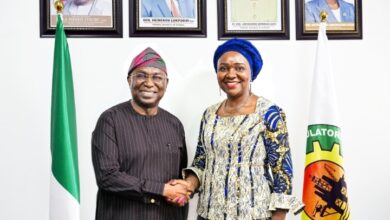
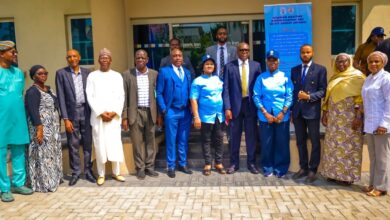
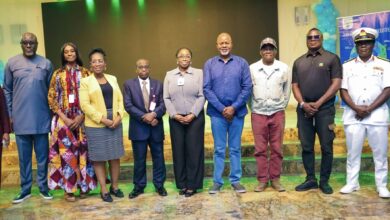
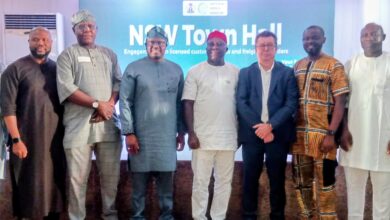
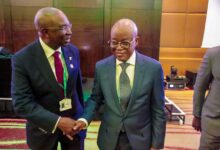
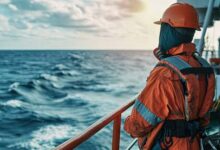
lp8qno
9kljz7
ze4ove
8oymuy
wjevwh